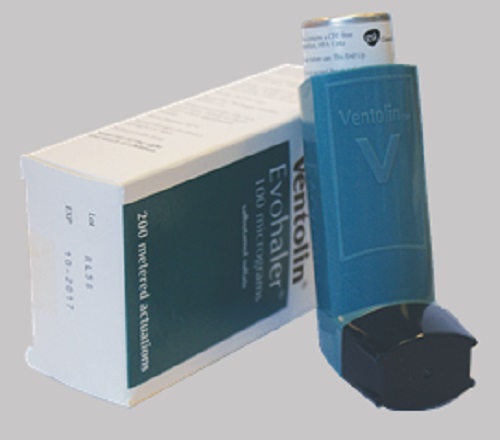Date checking of medicines
It is important within a pharmacy to ensure that products with expiry or use by dates are checked routinely. Many medicines have mm/yy 'expiry dates' which means it should not be used after the end of the relevant month, for example, an expiry date of 10/16 would mean the product can be used until 31/10/16. Using after this date could potentially mean it is either not safe or more commonly will have lost some of its effectiveness or ability to work. Some medicines will have 'use by' dates and must not be used following that date, for example, if a product has a use by date of 10/16 it should not be used after 30/9/2016.
There are items within the pharmacy with 'expiry dates' which many customers may not be aware of, such as first aid dressings. These types of items should only be sold with a valid date; otherwise they cannot be guaranteed as sterile and could put a customer at risk of infection. Likewise the packaging of items should also be checked and any damaged items removed from sale if the product itself could potentially have been contaminated. A pharmacy must have date checking processes in place, ensuring that items close to their expiry or use by date are monitored, recorded and removed from sale as appropriate. If the pharmacy chooses to sell items close to their expiry date to acustomer, it is best practice to ensure a customer is aware of this before they make their purchase. Where the product forms a course of treatment the pharmacy must ensure the customer has sufficient time to use the full course.

If the pharmacy chooses to stock food items for customers to purchase there are food safety regulations to follow. Some foods have 'use by' dates which are commonly fresh food items such as milk, pre-packaged sandwiches or yoghurts. A product with a 'use by' date cannot be sold after the date or used after midnight that night. It is a criminal offence to sell food past its use by date or leave it displayed on the shop floor as there is still potential for a customer to purchase and cause harm to anyone consuming it. Some food with use-by dates are required to be stored in refrigerated conditions, therefore practices must be in place to ensure this is monitored to ensure the food remains safe to eat. Other items will have a 'best before' date which indicates the period for which food can be expected to be in optimal condition and relates to the quality of the food as opposed to its safety. Examples within a pharmacy environment may be items such as throat sweets, diabetic chocolates or dry snack foods.
A business is permitted to sell products past their 'best before' date, with many choosing to reduce the price for a quicker sale although this is not a requirement. It would only be an offence to sell the food if it has gone so far past its best before date that it had actually spoiled and could be considered unsafe to eat, as the retailer could be accused of selling unsafe food.
A pharmacy must have procedures in place to show they are exercising 'due diligence' to prevent the sale of out of date products. Should any incidents be reported, a trading standards officer or GPhC inspector if a medicine product, would want to check exactly what these procedures are. In addition, an inspector is likely to ask for evidence of the pharmacy's date checking procedure during an inspection.
Ensuring all items within a pharmacy are within date is the responsibility of the whole pharmacy team, with everyone taking action to ensure no out of date products are left on sale.
